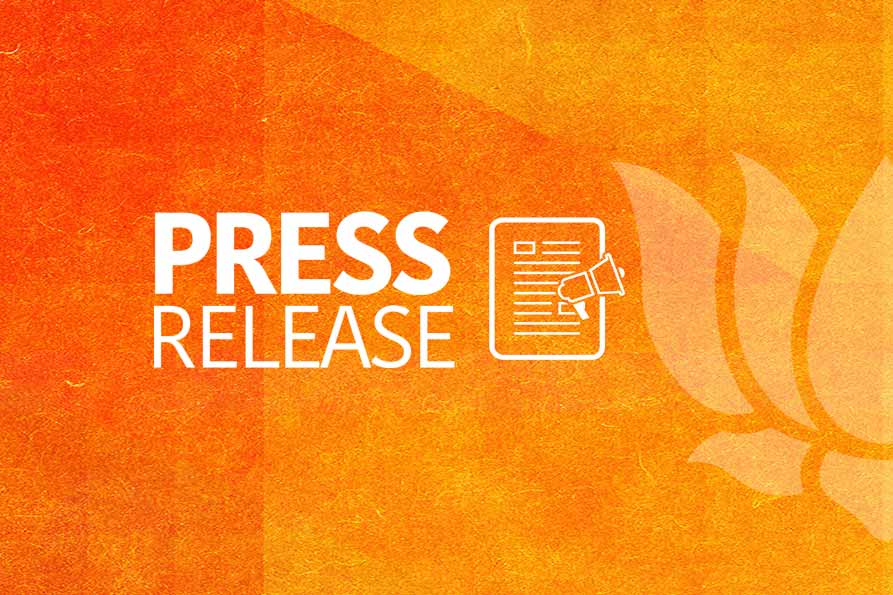
PM's meeting with 6 CMs on internal security
- Why has it taken the central government two years to realize the need for a unified command to fight the naxal menace?
- Why did the PM hesitate to explicitly mention Napal Maoists' link with naxal outfits in India?
- Why was the PM silent on the threat that Bangladeshi infiltration has posed to India's internal security?
Prime Minister Dr. Manmohan Singh, while addressing a meeting of the chief ministers of Bihar, Jharkhand, Chhattisgarh, Andhra Pradesh, Orissa and Maharashtra, has called for a unified command to fight the naxal menace. I welcome the Prime Minister's announcement, although he has not specified the exact nature of the unified command. At long last the UPA government seems to have woken up to the need for an unconventional approach, based on greater inter-state and Centre-state coordination, to deal with what the PM has called the "greatest threat" to India's internal security.
What is disappointing, however, is that the central government wasted two long years before coming to this necessary conclusion. It experimented with various soft options. It allowed the Congress-run government in Andhra Pradesh to lift the ban on the People's War Group, the most lethal among the various naxal groups. The AP government invited representatives of the naxal group for talks, without first insisting that its cadres lay down arms. Not only did the talks fail, but the government's pusillanimity only served to embolden the naxalites.
The Centre's flawed approach at the time was that each naxal-affected state was free to adopt its own strategy. Unabated naxal violence, and its rapid spread to newer areas, in the past two years has forced the UPA government to recognize the merit in the strategy that had been evolved by the NDA government.
I am also disappointed by the Prime Minister's failure to explicitly mention the well-known link between the Maoist insurgents in Nepal and the naxal outfits in India. I suspect that it is because of the UPA government's soft corner for the Maoists in Nepal and its support to them in their insurgency against the monarchy in the Himalayan kingdom. This is a dangerous policy, which is harmful to both our close neighbour and to India's own fight against naxals along their "red corridor".
In his speech before the six chief ministers, the Prime Minister has also said: "The challenge of terrorism must be faced squarely and resolutely by all shades of political opinion. There can be no political compromise with terror. No inch conceded. No compassion shown. The people of India have suffered a great deal at the hands of terrorists and our Government and I am sure, I speak for all CMs represented here, is resolute in its determination to wipe out this threat to a civilized and democratic way of life. There are no good terrorists and bad terrorists. There is no cause, root or branch, that can ever justify the killing of innocent people and against the functioning of a duly established democratic government. No democratic Government can tolerate the use of violence against innocent people and against the functionaries of a democratic Government."
Brave words. But they also sound hollow and hypocritical in the context of the Congress party, along with the communists, passing a unanimous resolution in the Kerala legislative assembly last month seeking the release of Abdul Nazir Madani, the key accused in the Coimbatore serial bomb blasts in 1998, in which 58 innocent persons were killed. I would like to ask Dr. Manmohan Singh if this, indeed, is what he means when he says: "There can be no political compromise with terror. No inch conceded. No compassion shown."
The PM's partial vision on the threats to India's internal security was also evident from his eloquent silence about the massive illegal immigration from Bangladesh into Assam and other north-eastern and eastern states. The Supreme Court has described the dimension of this problem as an "external aggression and internal disturbance" and urged the central government to take effective steps, under Article 355 of the Constitution, to curb it. The Prime Minister chose complete silence, rather than spell out a single step, as directed by the Supreme Court, to counter this potent threat to India's national security and national unity.
End the senseless factional violence among
political parties in Rayalaseema in Andhra Pradesh
I am deeply concerned about the seemingly unending violence between rival political factions in the Rayalaseema region in Andhra Pradesh. I am told that in Anantpur alone, 6 MLAs have lost their lives so far. The number of MLAs killed in Rayalseema is said to be more than double that number.
The most recent victim was Paritala Ravindra, a surrendered naxalite and former minister, who was killed in broad daylight in the presence of more than 30 police personnel. Both his father and his brother were also killed in two separate incidents. There was an attack on his life earlier when a car bomb killed 32 innocent persons, including five members of an ETV crew. It is disturbing to note that criminal elements close to the bigwigs in the state government are suspected to be involved in these violent acts.
Bomb attacks, political assassinations and extortion are said to be the order of the day in Anantpur. Neighbouring districts of Kadapa, Kurnool and Chittoor also are affected by this menace. What is especially worrying is that rival factions often use naxals to settle scores against each other.
To Write Comment Please Login



.gif)





